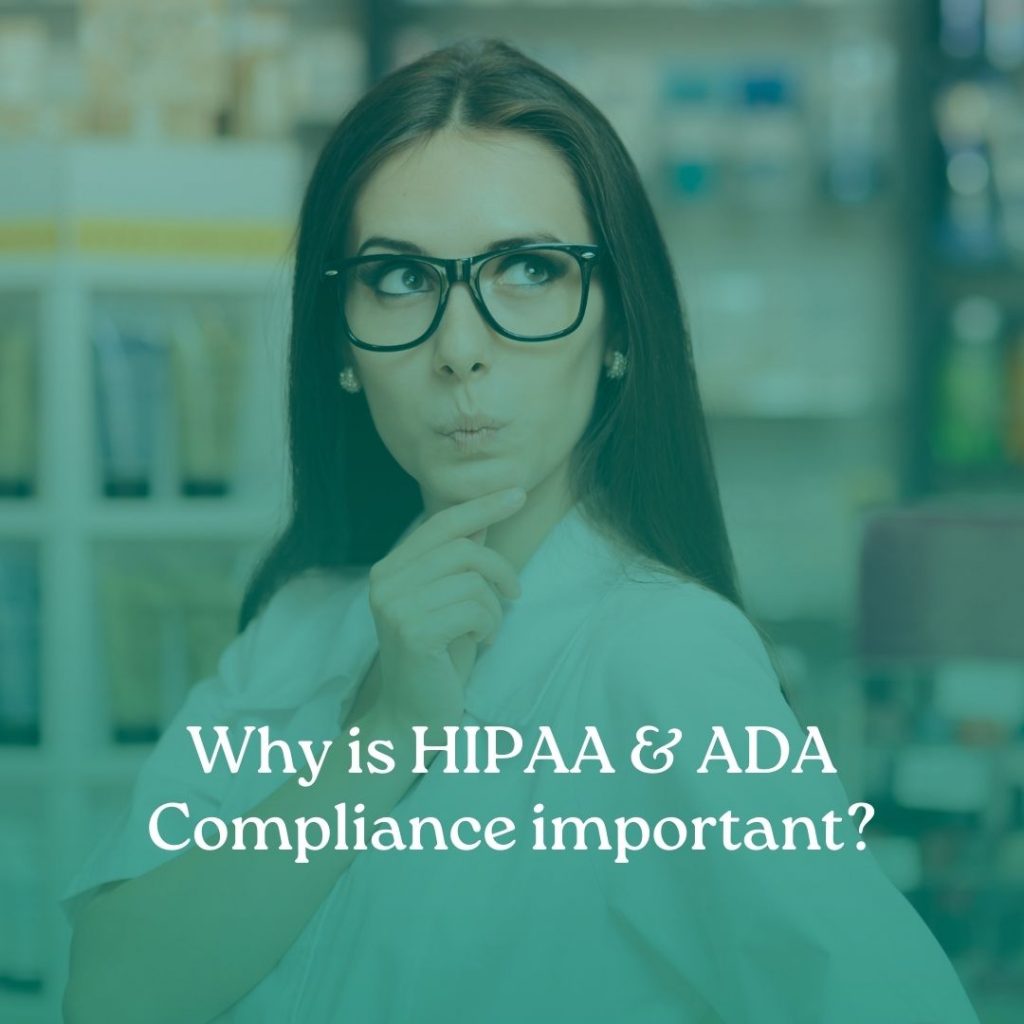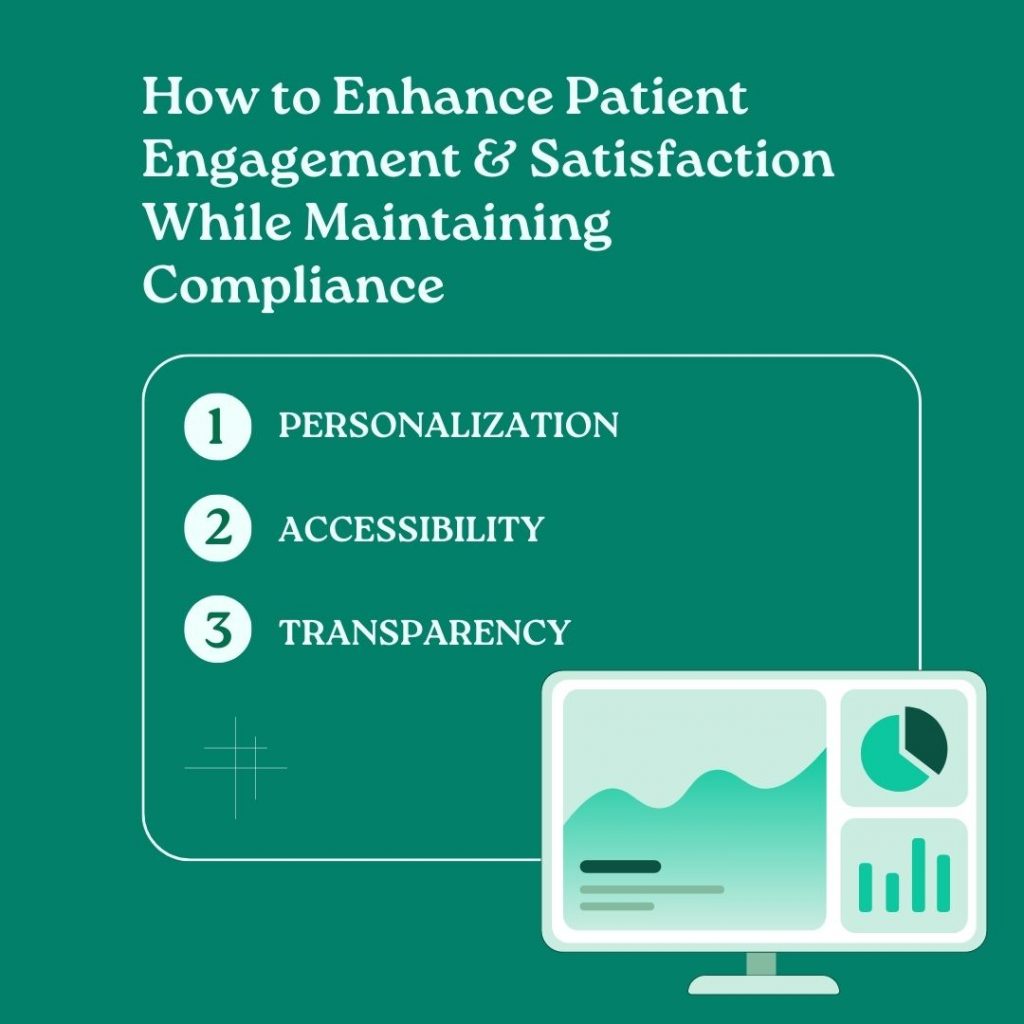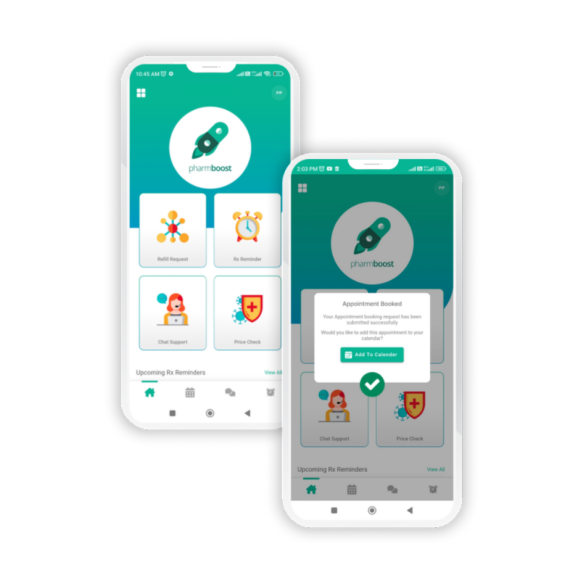Introduction
In the rapidly evolving landscape of healthcare, we cannot overstate the importance of actively engaging patients. Patient engagement refers to the process of involving patients in their own care. With the goal of improving health outcomes and ensuring patient satisfaction.
It’s about creating a two-way communication between the patient and healthcare provider, fostering a partnership that benefits both parties.
In this digital age, innovative solutions often leverage technology to improve communication and understanding, facilitating patient engagement. One such solution is Pharmboost.
A platform designed to enhance patient engagement by providing a seamless interface for communication between healthcare providers and patients.
However, while these solutions offer numerous benefits, they also present certain challenges.
Foremost among these is the imperative to adhere to laws governing patient information and service accessibility.
In the United States, there are two most important regulations in this regard. 1. Health Insurance Portability and Accountability Act (HIPAA) 2. Americans with Disabilities Act (ADA).
HIPAA is a federal law that ensures the protection of sensitive patient health information. It sets forth rules and standards for how healthcare providers, including independent pharmacists, can use and disclose protected health information.
Violations of HIPAA can result in severe penalties, including hefty fines and damage to reputation.
Similarly, ADA is a civil rights law that prohibits discrimination against individuals with disabilities in all areas of public life, including healthcare. It mandates that healthcare providers make their services accessible to people with disabilities, ensuring equal access to healthcare for all.
For independent pharmacists looking to leverage patient engagement solutions like Pharmboost, understanding and complying with HIPAA and ADA is not just a legal necessity but also a means to provide better care to their patients. Ensuring compliance with these regulations enhances trust and satisfaction by securely handling sensitive patient information and making services accessible to all patients.
This blog post delves into the importance of HIPAA & ADA compliance in patient engagement solutions for independent pharmacists in the USA. It provides an overview of these regulations, discusses their significance in patient engagement solutions like Pharmboost, outlines best practices for ensuring compliance, and presents strategies for enhancing patient engagement while maintaining compliance.
Overview of HIPAA & ADA Compliance

Overview of HIPAA Compliance
The United States enacted the Health Insurance Portability and Accountability Act (HIPAA) in 1996 as a federal law. Its purpose is to establish privacy standards for safeguarding patients' medical records and other health information that individuals provide to health plans, doctors, hospitals, and other healthcare providers.
HIPAA compliance is of utmost importance for healthcare providers, including independent pharmacists.
HIPAA sets forth rules and standards governing the use and disclosure of protected health information.
The Privacy Rule of HIPAA ensures the protection of individuals' medical records and other personal health information by mandating appropriate safeguards to preserve privacy. Additionally, it establishes limits and conditions on the uses and disclosures of such information without patient authorization.
Non-compliance with HIPAA can result in severe penalties, including hefty fines and damage to reputation. Therefore, healthcare providers must ensure that they have measures in place to secure patient data, such as encryption of data at rest and in transit, regular risk assessments, employee training on data privacy, and having Business Associate Agreements (BAAs) with third-party vendors.
Overview of ADA Compliance
The Americans with Disabilities Act (ADA) is a civil rights law enacted in 1990. It prohibits discrimination against individuals with disabilities in all areas of public life, including jobs, schools, transportation, and all public and private places that are open to the general public.
In the context of healthcare, ADA compliance ensures that healthcare services and information are accessible to people with disabilities. This includes ensuring that physical locations, as well as digital properties like websites and apps, are accessible.
For independent pharmacists leveraging patient engagement solutions like Pharmboost, ADA compliance is crucial. It ensures that their services are accessible to all patients, regardless of any disabilities they may have. This could involve providing alternative text for images for visually impaired users, ensuring compatibility with screen readers, and making sure that all functions can be performed using a keyboard for those who cannot use a mouse.
Both HIPAA and ADA compliance are not just legal necessities but also crucial components of providing quality care to patients. They ensure the protection of sensitive patient information and equal access to healthcare services for all. Moving ahead let's understand the Importance HIPAA & ADA compliance
Importance of HIPAA & ADA Compliance in Patient Engagement Solutions

Patient engagement solutions, such as Pharmboost, are revolutionizing the healthcare industry by enhancing communication between patients and healthcare providers. These solutions are designed to improve patient care by providing a platform for seamless interaction, leading to better health outcomes.
However, the handling of sensitive patient data is a critical aspect of these solutions. To ensure the privacy and security of this data, compliance with the Health Insurance Portability and Accountability Act (HIPAA) is mandatory. HIPAA sets the standard for protecting sensitive patient data. Any organization dealing with protected health information must ensure that all the required physical, network, and process security measures are in place and followed.
Non-compliance with HIPAA can lead to severe consequences, including hefty fines and significant damage to the organization’s reputation. Therefore, patient engagement solutions like Pharmboost are designed with HIPAA compliance in mind, ensuring that all patient data is handled securely.
In addition to HIPAA, compliance with the Americans with Disabilities Act (ADA) is also crucial for these solutions. ADA compliance ensures that these platforms are accessible to all patients, including those with disabilities. This is not just a legal requirement but also a moral obligation to ensure equal access to healthcare services and information.
Pharmboost, being a leading patient engagement solution, takes both HIPAA and ADA compliance seriously. The platform is designed to be fully accessible, ensuring that no user is left behind due to their disabilities. This commitment to inclusivity enhances the user experience and ensures that all patients receive the care they need.
In conclusion, while patient engagement solutions offer numerous benefits in improving patient care and communication, it is essential that they adhere to HIPAA and ADA regulations. Compliance with these regulations not only protects sensitive patient data but also ensures equal access to healthcare services for all patients.
Best Practices for Ensuring HIPAA & ADA Compliance
To ensure HIPAA compliance, healthcare organizations should implement measures such as encryption of data at rest and in transit, regular risk assessments, employee training on data privacy, and having Business Associate Agreements (BAAs) with third-party vendors.
For ADA compliance, organizations should ensure that their patient engagement solutions are accessible to people with various types of disabilities. This could involve providing alternative text for images for visually impaired users, ensuring compatibility with screen readers, and making sure that all functions can be performed using a keyboard for those who cannot use a mouse.
Pharmboost has implemented these best practices to ensure both HIPAA and ADA compliance. It uses state-of-the-art encryption methods to secure patient data and has made its platform accessible to users with various types of disabilities.
Strategies for Enhancing Patient Engagement and Satisfaction While Maintaining Compliance

While compliance with HIPAA and ADA is crucial, it should not come at the expense of patient engagement and satisfaction. Strategies to enhance patient engagement while maintaining compliance could include:
- Personalization:
Tailoring communication to individual patient needs can significantly improve patient engagement. This involves using patient data to inform personalized health recommendations. However, it’s crucial that this data is handled in a HIPAA-compliant manner to protect patient privacy and confidentiality. - Accessibility:
A patient engagement solution should be accessible to all users, regardless of their physical abilities or technological proficiency. This not only ensures ADA compliance but also improves patient satisfaction by making healthcare more inclusive and accessible. - Transparency:
Being transparent about how patient data is used can build trust with patients, which is essential for effective patient engagement. This involves clearly communicating privacy policies to patients and ensuring they understand how their information is used and protected.
Enhancing patient engagement and satisfaction while maintaining compliance is a delicate balance that requires careful planning and execution. By implementing strategies such as personalization, accessibility, and transparency, healthcare providers can improve patient engagement and satisfaction while still adhering to important regulations like HIPAA and ADA.
Conclusion
Hooray for HIPAA and ADA Compliance! These regulations are not just legal necessities, but they’re also stepping stones towards achieving superior patient engagement solutions like Pharmboost. They form the backbone of our commitment to improving patient outcomes, particularly in the vibrant landscape of independent pharmacies across the USA.
Best Practices are the Best Approach! By embracing best practices for HIPAA and ADA compliance, we’re not just ticking off a checklist. We’re paving the way for strategies that enhance patient engagement and satisfaction. It’s all about creating a healthcare experience that patients love and trust.
Reaping the Benefits! When independent pharmacies implement these solutions, they’re not just ensuring legal compliance. They’re unlocking a treasure trove of benefits that come with improved patient engagement. It’s a win-win situation - pharmacies flourish, and patients receive better care.
So let’s celebrate the power of patient engagement solutions and the role of compliance in shaping a brighter, healthier future for independent pharmacies in the USA!
Recent Post
- 5 Actionable Tips to Improve Patient Engagement within 1 Month
- Social Media Check List for Pharmacy Social Media Marketing
- Pharmacy Social Media Marketing 13 dos and don’ts to know
- Patient Engagement Barriers in Your Pharmacy & How Software Can Help You Overcome Them
- How to Attract New Patients and Boost Sales with Local Pharmacy Marketing







